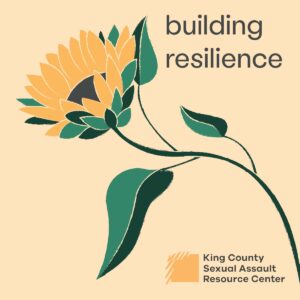Stalking is a pattern of repeated and unwanted attention, harassment, contact, or any other course of conduct directed at a specific person that would cause a reasonable person to feel fear.
Stalking can include:
- Repeated, unwanted, intrusive, and frightening communications from the perpetrator by phone, mail, and/or email.
- Repeatedly leaving or
- Following or laying in wait for the victim at places such as home, school, work, or recreation place.
- Making direct or indirect threats to harm the victim, the victim’s children, relatives, friends, or pets.
- Damaging or threatening to damage the victim’s property.
- Harassing victim through the internet.
- Posting information or spreading rumors about the victim on the internet, in a public place, or by word of mouth.
- Obtaining personal information about the victim by accessing public records, using internet search services, hiring private investigators, going through the victim’s garbage, following the victim, contacting victim’s friends, family work, or neighbors, etc.
Source: Stalking Resource Center, National Center for Victims of Crime
The Address Confidentiality Program
Washington’s Secretary of State has established a program to help victims of domestic and sexual violence, assault, trafficking, stalking, and targeted criminal justice employees that have relocated to avoid further harassment and/or abuse. Participants are able to keep their location secret by obtaining a substitute address they can use instead. Members of the program are also eligible to register to vote and apply for marriage licenses without creating public records. For more information, visit the Address Confidentiality Program web page.
Stalking Resources
National Stalking Awareness Month – resources, fact sheets, handbooks, and more
Whoa – Working to Halt Online Abuse – cyberstalking, online bullying and harassment
End Stalking in America, Inc. – information, resources, assistance to victims of stalking
Last Updated November 23, 2020

